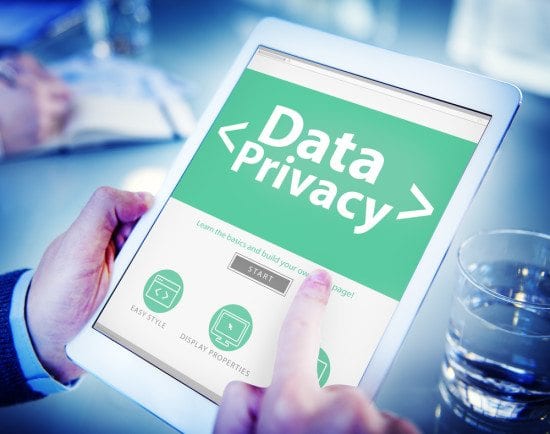

In our increasingly interconnected world, the protection of data privacy has become a paramount concern. With the rapid advancement of technology and the widespread use of the internet, personal and sensitive information is more vulnerable than ever before. From financial data to personal communications, safeguarding your data privacy is essential to maintaining control over your digital life. Here are some fantastic pieces of advice to help you protect your data privacy:
1. Strong and Unique Passwords: It may seem like a simple step, but using strong and unique passwords for your various accounts is a fundamental aspect of data privacy. Avoid using easily guessable passwords like “123456” or “password.” Instead, create complex passwords that combine letters, numbers, and symbols. Using a password manager can help you generate and store these passwords securely.
2. Two-Factor Authentication (2FA): Two-factor authentication adds an extra layer of security to your accounts. It typically involves receiving a one-time code on your phone or email that you need to enter after inputting your password. Even if someone manages to steal your password, they won’t be able to access your accounts without the second factor.
3. Keep Software Updated: Regularly update your operating system, apps, and software. These updates often contain security patches that address vulnerabilities that could be exploited by hackers. Ignoring updates leaves your devices and data at risk.
4. Be Cautious with Personal Information: Think twice before sharing personal information online. Be mindful of what you post on social media and limit the amount of personal information you share publicly. Cybercriminals can use seemingly innocuous details to piece together a profile and potentially steal your identity.
5. Secure Wi-Fi Networks: Ensure your home Wi-Fi network is password-protected and encrypted. Use a strong and unique password for your router, and enable WPA3 encryption if available. Avoid using public Wi-Fi networks for sensitive tasks like online banking, as these networks are more susceptible to hacking.
6. Be Wary of Phishing Attempts: Phishing is a common tactic used by cybercriminals to trick individuals into revealing sensitive information. Be cautious of unsolicited emails, messages, or phone calls asking for personal information. Always verify the source before responding or clicking on links.
7. Review App Permissions: When installing new apps, carefully review the permissions they request. Some apps may ask for access to more data than they actually need. Grant only the necessary permissions to protect your personal information.
8. Use Encryption: Use encrypted communication channels for sensitive conversations. End-to-end encryption ensures that only you and the intended recipient can read the messages. Messaging apps like Signal and WhatsApp offer this level of security.
9. Regular Data Backups: Regularly back up your data to an external drive or secure cloud service. In case of a cyberattack or data breach, you’ll have a copy of your important information.
10. Privacy Settings: Familiarize yourself with the privacy settings of the platforms and apps you use. Adjust these settings to limit the amount of data you share and the visibility of your content.
11. Avoid Public Computers and Devices: When possible, avoid using public computers or devices for sensitive tasks. These devices might have malware or keyloggers installed that can capture your information.
12. Educate Yourself: Stay informed about the latest cybersecurity threats and best practices. Cybercriminals continually adapt their tactics, so educating yourself is key to staying ahead of potential risks.
Protecting your data privacy requires a combination of awareness, vigilance, and the implementation of security measures. By following these fantastic pieces of advice, you can significantly reduce the risk of your personal information falling into the wrong hands. Remember, in the digital age, your data is one of your most valuable assets – guard it well.



